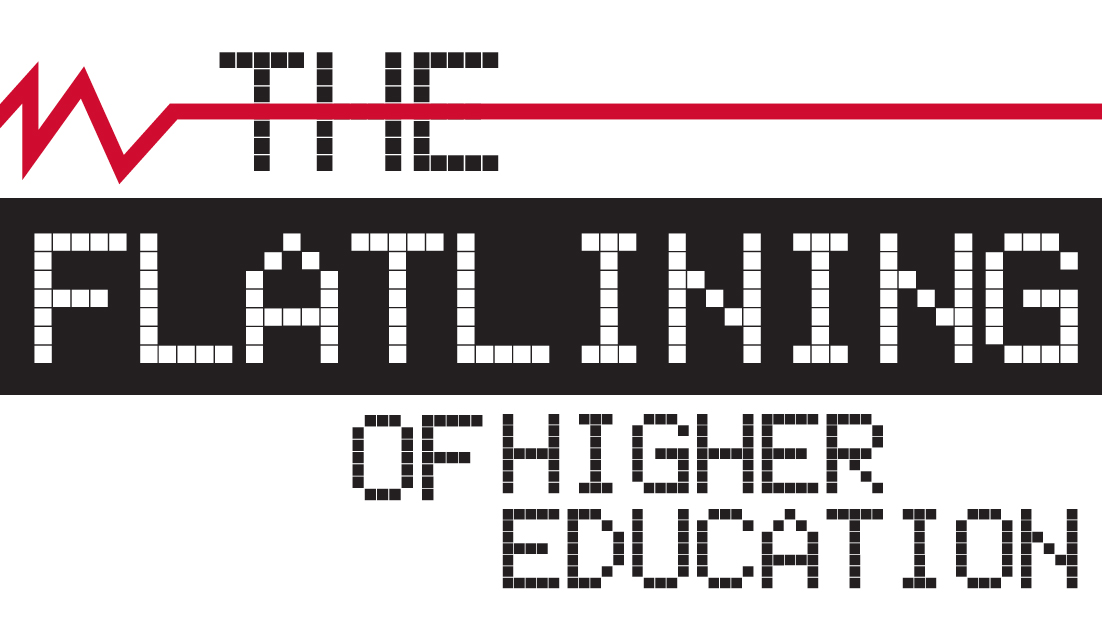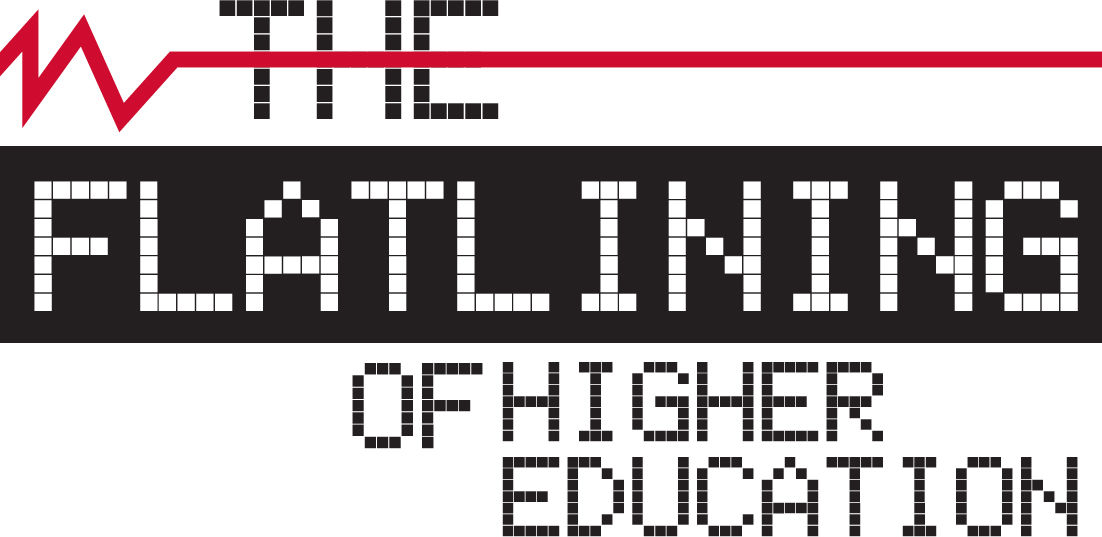Higher costs, less learning and increased apathy — those are the afflictions of higher education. Scholars have begun to delve into these problems and the findings are astounding. Yet still, the people within academia aren’t reacting because money is still flowing in and college is still enjoyable. We have to alter the system and we should start now.
A recent study of survey responses, transcript information and data from the Collegiate Learning Assessment concluded that 45 percent of students tested after their second year in college showed no improvement in their development of “higher-order cognitive skills.”
This finding is the basis of the soon-to-be-released book, Academically Adrift: Limited Learning on College Campuses. The book is a compilation of the findings of researchers who followed 2,300 undergraduates through four years of college at 24 unidentified higher education institutions to measure the progress of the undergraduates’ critical thinking and analytic reasoning skills.
Dr. Richard Arum, a professor of sociology and education at New York University and director of the Education Research Program of the Social Science Research Council, and Dr. Josipa Roksa, an assistant professor of sociology at the University of Virginia, are both authors of the book set to be published by the University of Chicago Press this month.
A portion of the experts’ book was published on the Chronicle of Higher Education website, in which the two discuss the book, the data and why college students aren’t improving.
The debate on the costs of higher education and how the system can be improved has been a heated topic for years. From students too focused on their social lives to professors focused on individual research, the authors have found that the very people within the higher education system aren’t focused on a remedy to the problems. Even worse, Arum and Roksa say that some may not even notice the problems, writing that college students “define and
understand their college experiences as being focused more on social than on academic development.”
But a developed social aptitude certainly has its perks and should not be considered the sole reason students are not learning.
Students leave college with strong friendships and lasting memories. They have learned to depend on others, to value friendship and to live independently.
However, when they leave college they don’t entertain the thought that their cognitive skills may have never developed.
It is far easier for self-reflective people to view their social progress. A person’s intellectual progress, however, is a much more difficult aspect to examine.
It is ridiculous to say that all students only come to college for the social growth. Perhaps students believe they have intellectually grown from college when in fact, because of the ease of college courses, they have not.
The workload of college courses has a dramatic effect on the amount a student improves. The study proves that students whose classes reflect high expectations (more than 40 pages of reading a week and more than 20 pages of writing a semester) developed their cognitive skills more than other students. Therefore, those teachers who underestimate the work ethic of the current student population may be helping the final grades of their course but they are in no way improving the overall education of students.
It is clear that several factors are contributing to the stunted academic growth in higher education. However, it all boils down to the truth that there isn’t enough people who care to work toward a solution.
“Students in general seek to enjoy the benefits of a full collegiate experience that is focused as much on social life as on academic pursuits, while earning high marks in their courses with relatively little investment of effort. Professors are eager to find time to concentrate on their scholarship and professional interests. Administrators have been asked to focus largely on external institutional rankings and the financial bottom line. Government funding agencies are primarily interested in the development of new scientific knowledge. In short, the system works. No actors in the system are primarily interested in undergraduates’ academic growth, although many are interested in student retention and persistence.”
The problem lies here: No one is focusing directly on the quality of our education — not students, professors, administrators or faculty. How can we, as a nation that once stood as the archetype of higher education success, continue to allow money and politics to steal from future generations’ well being? This research has pinpointed the glaring flaws of higher education and is sure to spark much discussion and hopefully change. However, many aspects of the current academic realm go untouched in this study, such as the major role digital technology has played on our generation’s development. Despite our simultaneous growth with the digital world, numerous professors refuse to incorporate any form of technology into their courses. It is absurd to think that teaching styles should never change. In fact, the easiest way to attempt to remedy this problem of “no-growth learning” is to ask those who have committed their lives to educating collegiate scholars to tap into their classes and discover what is and is not working. It seems as if some professors expect all students to conform to their generation’s methods rather than discerning the appropriate way to teach for the new generations.
As we become more dependent on technology, courses should not continue to refuse the integration of technology. However, simply accommodating for technology will not solve our problems either. If digital textbooks are supposed to offset the cost of high education, then will an increased reading load truly benefit? Therefore, colleges should focus on the ability to fully teach a course rather than the ability to offer the course at a lower cost. Until the realm of higher education has decided to embrace technology, this balancing of pros and cons will drone on.
The collegiate balance is severely off-kilter. There are so many problems to fix and several theoretical remedies. What’s missing is action. What was once a highly efficient system that churned out bright young minds and innovative ideas is now nearing mass chaos. However, as Arum and Raksa say in their book, we can’t classify this problem as a “crisis” because no one seems to be treating it as such. That is, many people are sitting idle. Administrators are still bringing in money, students are enjoying their college years and professors are still focusing on personal research. Until the higher education constituency bans together and resolves to fix our broken system, we may be headed downhill to a fate that is, at best, mediocre and, at worst, a failure. It shouldn’t take failure to get us motivated.
It should take the fact that some students are leaving institutions that proclaim a mission of education without showing any improvement. That is failure. And it should be unacceptable. We need passion. We need drive. We need a new mindset.






